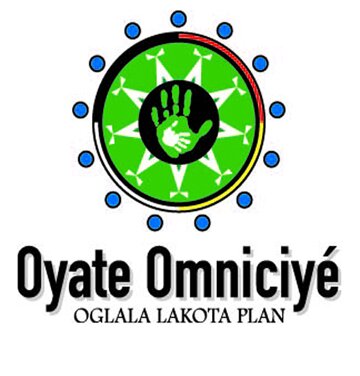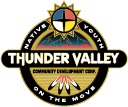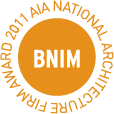We’ve discussed on our program on KILI (4 PM on Thursdays, in case you haven’t caught us yet) about what “sustainability” means. One way to think of it is to look at all aspects of our lives and figure out how to survive into the indefinite future, ensuring a healthy place to live for the generations that come. “Sustainable” is how native peoples have had to live for virtually all of history.
In that we are borrowing the world from the great-grandchildren of all beings on the planet, one significant consideration for them and us is climate change. Many consider climate change as the central challenge of our time. And, when it comes to local climate change action, that usually takes two forms:
1. reduce our own contributions to climate change, as well as
2. adapt to the probable changes that are coming our way over the next several generations years.
It can be hard to prioritize climate change action. For one, when we’re worried about simply providing the basics — food, clean water, good shelter, getting to work, etc. — it’s hard to focus on issues that feel more distant. And it can require redesign of our lives. The good news, as we see it, is that very often, the actions involved are simply common-sense initiatives that will reduce energy costs, build infrastructure, build capacity to respond to extreme weather and changes in animal populations, etc. So, actions can help us better prepare to provide basics into the future, and we don’t need to have certainty about the effects of climate change to take some prudent first steps. Or, as the cartoon says, “so what if climate change isn’t real, and we save the world for nothing?!”.
![ITEP Climate Change]()
Our Tribe has joined many leading cities and regions through the International Council on Local Environmental Initiatives, and has pledged to conduct a greenhouse gas inventory as part of the commitment. The inventory involves extensive data collection and data analysis. This will help us understand our own contributions to climate change, and identify cost effective ways to reduce them.
Additionally, it would be ideal to chart the wisest course of adaptation action, given the changes in climate that we expect our tribe to face in coming years. This would involve consolidating research on changes and translating that into real-world impacts on our communities, culture, and wildlife.
Resources include the Institute for Tribal Environmental Professionals and their Tribes and Climate Change knowledge. Haskell University has led a climate change working group for the past five years. And there will also be an adaptation guidance session in January in Kansas City, as part of an effort across Indian Country to better get tribes into the national dialogue. We’ll be sure to stay involved and see how it might support work here.
Wopila tanka.







